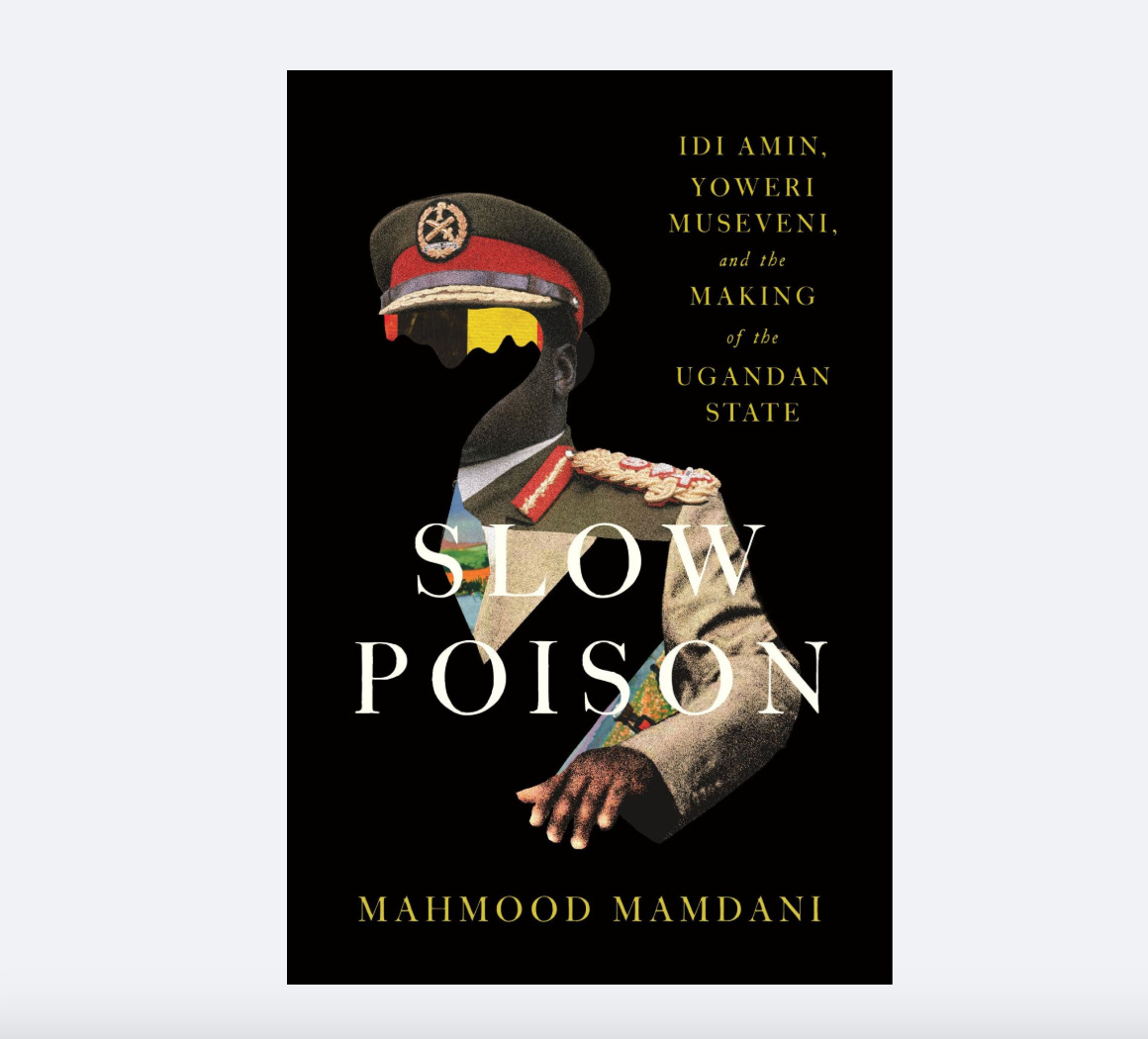Mamdani's Dad: Idi Amin Wasn't So Bad
The new book by Zohran Nkrumah Mamdani's Columbia professor father emphasizes that there is NO proof that Idi Amin was a cannibal.
Zohran Kwame Mamdani, frontrunner for mayor of New York City, teared up at an Islamic rally recently while calling attention to the single most tragic outcome of 9/11:
I want to use this moment to speak to the Muslims of New York City.
I want to speak to the memory of my aunt, who stopped taking the subway after Sept. 11 because she did not feel safe in her hijab.
Okay, the hijab-lady turned out not to be his aunt, but a more distant relation to his highly secular family. (I’ve used “aunt” in that context as well … well not involving a hijab).
But the bigger lesson is that the candidate is Islamic in the sense that his ideology is old-fashioned Great Awokening victimism, and who is a bigger victim in 21st Century New York City history than Muslims?
Nobody seems to have asked the candidate if he’d asked his dad to delay the October 2025 publication date of his new book in defense of Idi Amin to November 2025. Here’s the publisher’s blurb for Mahmood’s pro-Idi book, which did indeed come out on October 14:
Slow Poison: Idi Amin, Yoweri Museveni, and the Making of the Ugandan State
Hardcover – October 14, 2025
by Mahmood Mamdani (Author)
#1 New Release
in Colonialism & Post-Colonialism
A leading public intellectual gives his authoritative and personal account of the tragic postcolonial fate of Uganda, his homeland.
In 1972, when Mahmood Mamdani came home to Uganda, he found a country transformed by “an orgy of violence.” Two years earlier, with support from the colonial powers of Great Britain and Israel, Idi Amin had forcefully cemented his rule. He soon expelled Uganda’s Indian minority in hopes of fostering a nation for Black Ugandans. The plan backfired. Amin was followed by Yoweri Museveni, who has now ruled for nearly four decades. Whereas Amin tried to create a Black nation out of the majority, Museveni sought to fragment this majority into multiple ethnic minorities, re-creating a version of colonial indirect rule.
Slow Poison is Mamdani’s firsthand report on the tragic unraveling of his country’s struggle for decolonialization. A witness to East Africa’s endlessly intricate power plays, and one of the most insightful political philosophers of his generation, Mamdani casts a learned and wary eye on Amin, internationally depicted as a buffoon; the radical scholar Museveni; and the global heavyweights that exploited and manipulated Uganda before and after its independence.
Each leader made violence central to his project, but Mamdani sees a signal difference between Amin, who retained popular support to the end, and Museveni, who has not. The Asian expulsion made Amin a monster in the eyes of the West. In contrast, Museveni was hailed as standard bearer of the “war on terror” in Africa and was protected from accountability for far greater crimes. In exchange for adopting the package of neoliberal reforms known as the Washington Consensus, he became Africa’s poster child. Amin, who aimed to create a nation of Black millionaires, never became one himself. Meanwhile, Uganda’s surrender to privatization has brought Museveni’s family immense wealth, even as the country remains one of the world’s poorest.
Mahmood himself got kicked out of Uganda by Idi Amin.
But Mamdani Sr.’s point is that while Idi was a black buffoon, he was a socialist black racialist buffoon, so he couldn’t be as bad as his more competent capitalist eventual successor Museveni.
Paywall here.



